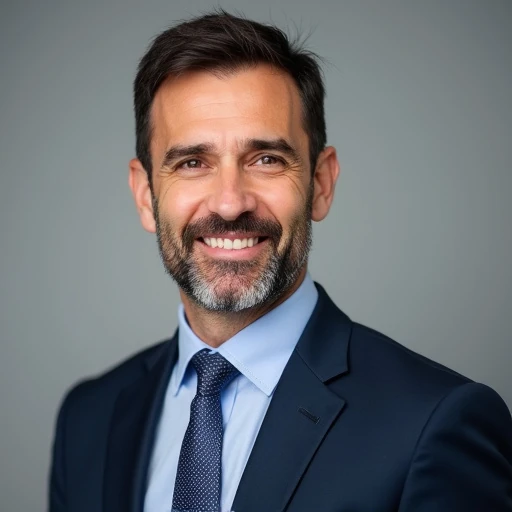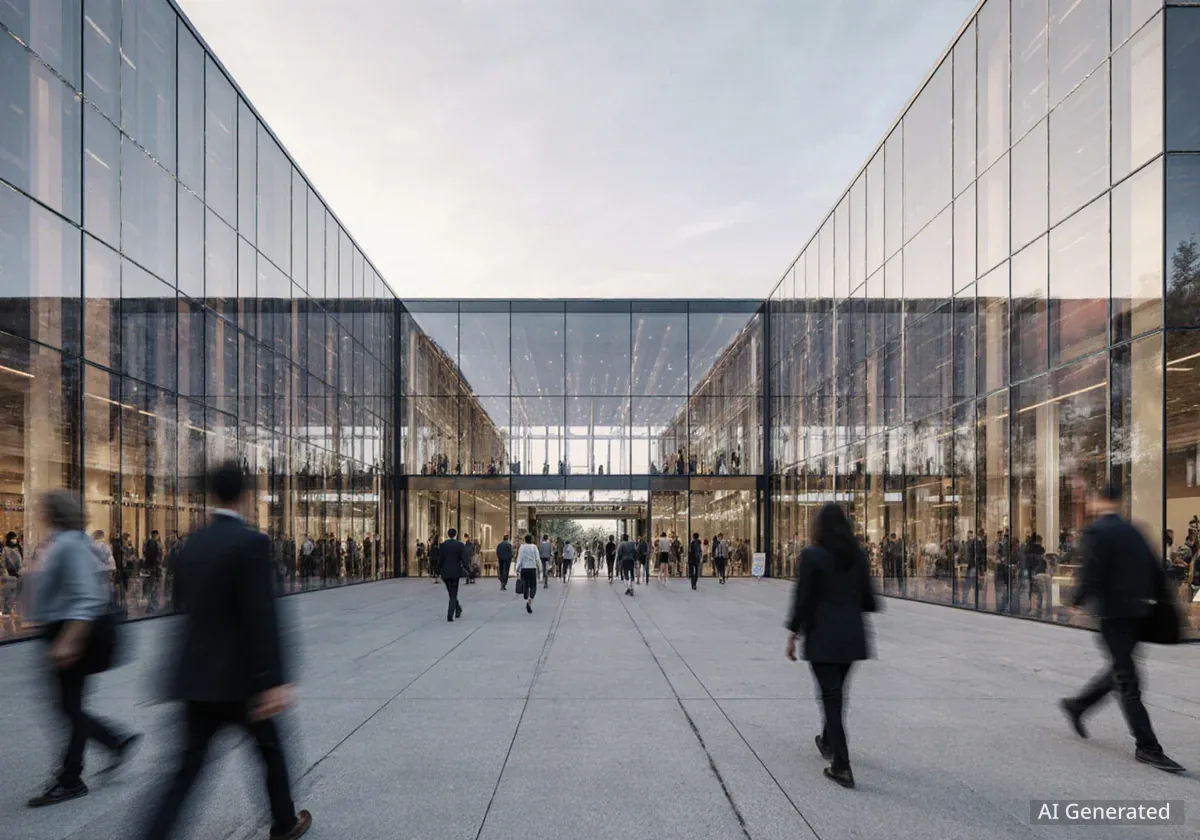David Lloyd Leisure, one of Europe's largest health and wellness groups, has announced a significant expansion of its UK operations. The company has acquired The Health Club Collection from The Club Company, a move that adds three premium clubs to its portfolio and signals continued confidence in the fitness and leisure market.
The acquisition includes The Essex in Colchester, The Warwickshire in Warwick, and The Park Club in Abingdon. This strategic purchase increases David Lloyd's total number of clubs to 134 across nine European countries, reinforcing its position as a dominant player in the industry.
Key Takeaways
- David Lloyd Leisure has acquired The Health Club Collection, which includes three clubs in Essex, Warwickshire, and Abingdon.
- The deal increases David Lloyd's total club count to 134, with 103 located in the United Kingdom.
- All existing staff members from the acquired clubs will be retained, ensuring a smooth transition for both employees and members.
- The acquisition is part of David Lloyd's long-term strategy to grow its portfolio through both new builds and the purchase of existing premium facilities.
Details of the Acquisition
The transaction involves three well-established leisure facilities, each featuring a combination of health, fitness, and racquet sports amenities. The clubs were previously owned and operated by The Club Company, which is now focusing its strategy on its golf and country club portfolio.
According to company statements, the transition of ownership is expected to be seamless for the thousands of members across the three locations. David Lloyd has confirmed that all current employees at The Essex, The Warwickshire, and The Park Club will be retained. This decision is aimed at maintaining operational continuity and preserving the community atmosphere valued by members.
The financial terms of the deal were not disclosed. However, the acquisition represents a notable investment in the UK's physical leisure sector, an industry that has seen fluctuating demand since 2020.
Background on David Lloyd Leisure
Founded in 1982, David Lloyd Leisure has grown into a leading name in the health and wellness sector. The group operates clubs in the UK, Ireland, Spain, Italy, France, Germany, Belgium, the Netherlands, and Switzerland. The company is known for its family-oriented clubs that offer a wide range of services, including gyms, swimming pools, tennis courts, and spa facilities.
Strategic Growth and Market Position
This acquisition aligns with David Lloyd's stated strategy of expanding its presence through a dual approach: building new clubs from the ground up and acquiring existing high-quality facilities. By purchasing established clubs, the company can integrate new members and locations into its network more rapidly than through new construction.
Strengthening Regional Presence
The addition of these three clubs strengthens David Lloyd's footprint in key regional markets across England. The Essex club provides a new flagship location in East Anglia, while The Warwickshire enhances its presence in the Midlands. The Park Club in Abingdon adds to its cluster of clubs in the Thames Valley.
Russell Barnes, CEO of David Lloyd Leisure, commented on the strategic importance of the deal.
"We are thrilled to announce the acquisition of these three outstanding clubs. This move is a perfect fit with our growth strategy and underscores our commitment to investing in the UK's premium health and wellness sector. We look forward to welcoming the new members and teams into the David Lloyd family."
This expansion demonstrates the company's confidence in the long-term viability of high-end, family-focused leisure centers. The model, which combines fitness with social and recreational activities, has proven resilient in a competitive market.
David Lloyd Clubs by the Numbers
- Total Clubs: 134
- UK Clubs: 103
- European Clubs (outside UK): 31
- Countries of Operation: 9
- Total Members: Over 750,000
The Future of the Acquired Clubs
David Lloyd Leisure has a history of investing significantly in the clubs it acquires. While immediate plans for the three new locations have not been detailed, it is expected that they will see upgrades and renovations over the next few years to align them with the David Lloyd brand standards.
This often includes modernizing gym equipment, refurbishing changing rooms, and enhancing family-friendly facilities such as kids' clubs and cafes. Members of the newly acquired clubs may also gain access to the broader David Lloyd network, a key benefit of the company's membership structure.
For The Club Company, the sale marks a strategic refocusing. Thierry Delsol, CEO of The Club Company, explained the rationale behind the divestment.
"The sale of these three clubs allows us to concentrate our efforts on our core portfolio of golf and country clubs. We are confident that David Lloyd Leisure is the right new owner for these facilities and will continue to provide excellent service to their members and a secure future for the staff."
The move allows The Club Company to direct capital and resources towards its remaining properties, which are primarily centered around golf.
Impact on the UK Leisure Industry
The acquisition is a significant event in the UK's health and fitness industry. It reflects a trend of consolidation where larger, well-capitalized players are expanding their market share. This can lead to increased investment in facilities but also presents challenges for smaller, independent operators.
The premium end of the market, where David Lloyd operates, has performed strongly. Consumers are often willing to pay more for high-quality facilities, a diverse range of classes, and amenities like swimming pools and racquet sports that are not available at budget gyms.
Industry analysts suggest that the demand for comprehensive wellness experiences, which include social and relaxation elements, will continue to grow. David Lloyd's model, which positions its clubs as destinations for the whole family, is well-suited to capitalize on this trend. The company's continued investment and expansion are a positive indicator for the health of the UK's premium leisure sector.





